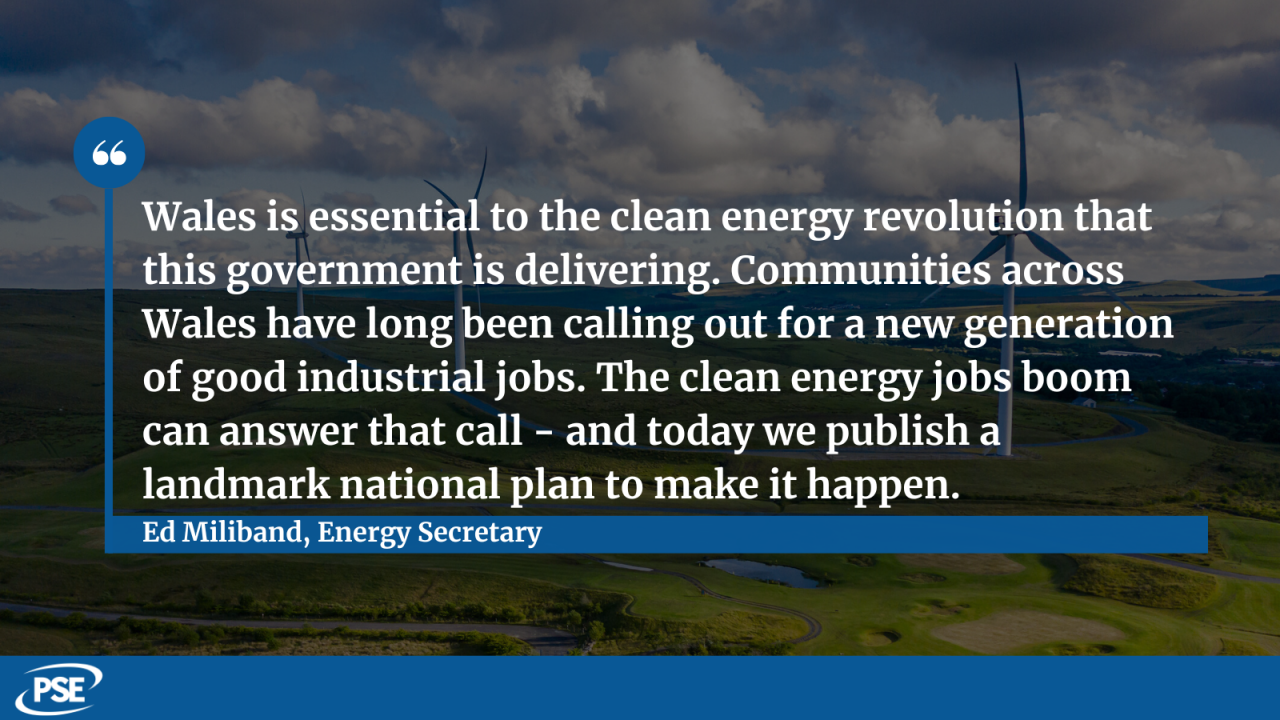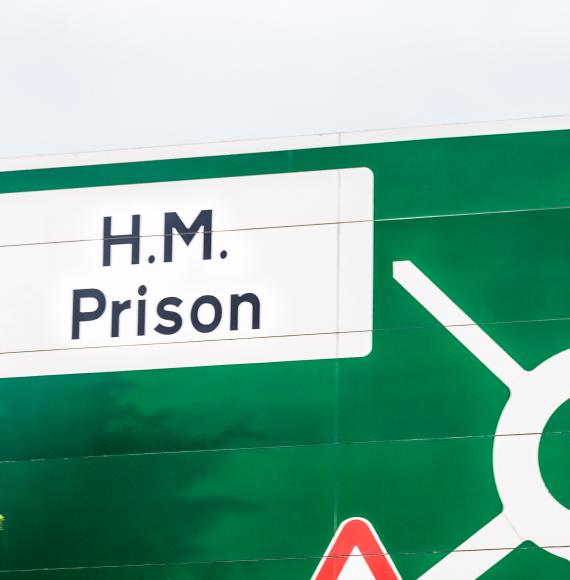A new generation of young people in Wales is set to benefit from a surge in clean energy jobs, as the UK Government announces plans to create up to 20,000 roles by 2030.
The initiative is part of the UK’s mission to become a clean energy superpower, backed by record investment in renewables, nuclear, and carbon capture technologies.
The announcement includes the publication of the first national plan to train the next wave of clean energy workers, with employment in the sector expected to double to 860,000 across the UK by the end of the decade.
Wales will see a 15,000-job increase from 2023, with high demand for skilled trades such as electricians, plumbers, bricklayers, engineers, and metal workers. The largest clean energy employer in the region is expected to be in carbon capture and offshore wind.
Pembrokeshire will benefit directly from a £2.5 million skills pilot scheme, alongside Cheshire and Lincolnshire, to fund training centres, courses, and career advisers.
Clean energy jobs offer 23% higher entry-level pay compared to similar roles in other sectors. Average salaries in wind, nuclear, and electricity networks exceed £50,000, well above the UK average of £37,000.
The plan also includes:
- Five new Technical Excellence Colleges
- Tailored schemes for veterans, ex-offenders, school leavers, and the unemployed
- £20 million training support for oil and gas workers transitioning to clean energy
- Expansion of the energy skills passport to nuclear and electricity grid sectors
Ed Miliband, Energy Secretary, commented:
“Wales is essential to the clean energy revolution that this government is delivering. Communities across Wales have long been calling out for a new generation of good industrial jobs. The clean energy jobs boom can answer that call - and today we publish a landmark national plan to make it happen.
“Our plans will help create an economy in which there is no need to leave your hometown just to find a decent job. Thanks to this government’s commitment to clean energy a generation of young people in our industrial heartlands can have well-paid secure jobs, from plumbers to electricians and welders.
“This is a pro-worker, pro-jobs, pro-union, agenda that will deliver the national renewal our country needs.”

The government is also reaffirming its support for trade unions as essential partners in securing high pay and good working conditions. Union coverage in the energy sector has dropped from 70% in the 1990s to 30% today, and the plan aims to reverse that trend.
With over £50 billion in private investment already secured since last July, the UK’s clean energy mission is driving a jobs boom across coastal and post-industrial communities.
Projects like the Hynet CCUS in North Wales and the Mona Offshore Wind Farm are expected to create thousands of jobs, offering long-term, well-paid careers for young people across Wales.
Image credit: iStock



















